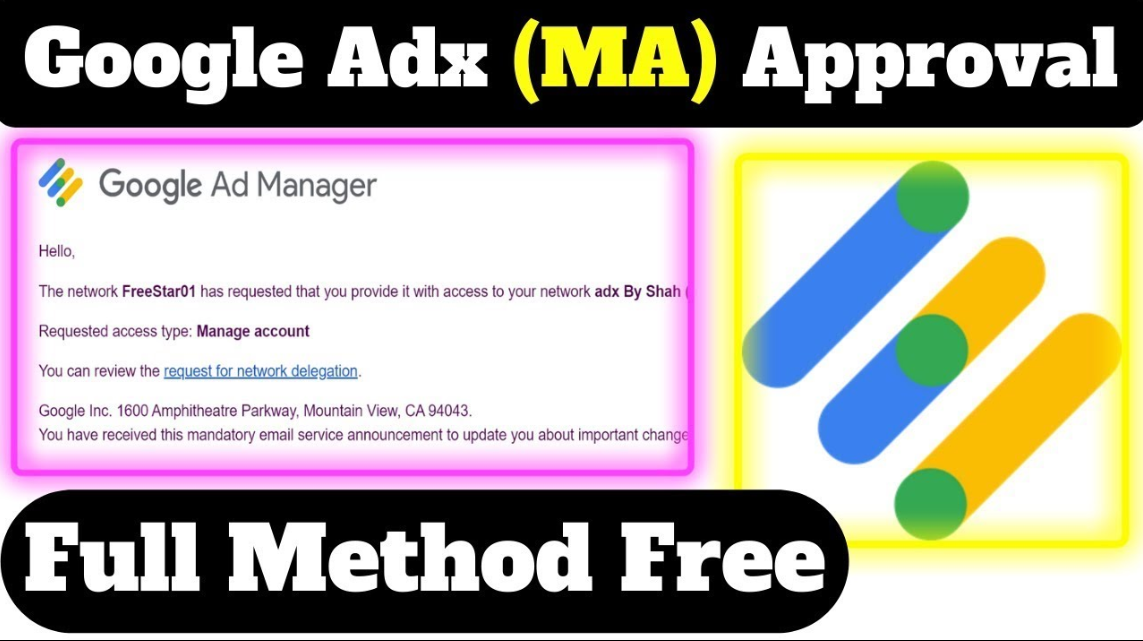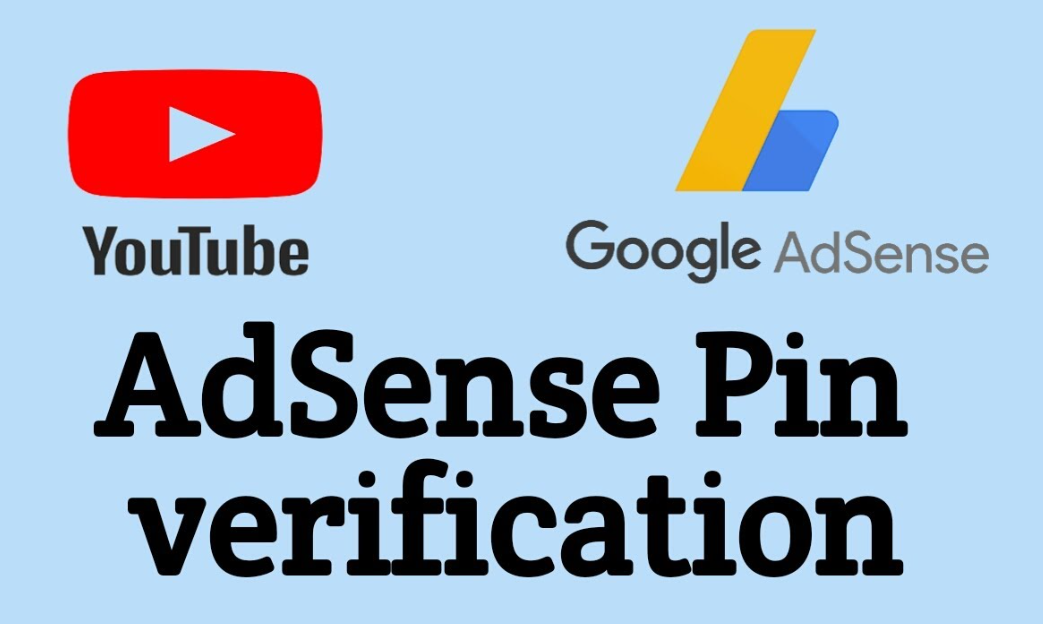Discover whether AdSense loading is considered halal or haram in Islam. This comprehensive guide answers 10 frequently asked questions and explores the ethical implications, Islamic perspectives, and practical considerations of AdSense. Gain a clear understanding of the topic with detailed explanations and expert insights.
AdSense Loading is Halal or Haram?
Google’s advertising program, AdSense, has revolutionized how people monetize their websites and content. However, for many Muslims, the question arises: Is AdSense loading halal or haram? This article delves into this query, exploring the Islamic perspective on earning money through AdSense and answering frequently asked questions about its permissibility.
Understanding AdSense and Its Functionality
AdSense is an advertising program that allows website owners to earn money by displaying ads on their sites. Google matches these ads to the website’s content, and site owners earn a share of the revenue generated from user interactions with the ads. To understand whether this practice is halal or haram, it is first essential to comprehend how AdSense works and the nature of its advertisements.
AdSense operates on a pay-per-click (PPC) model, where advertisers pay a fee each time a user clicks on their ad. The site owner receives a portion of this fee, creating a revenue stream based on the ads’ number of clicks or impressions. This system has become popular among content creators and website owners due to its simplicity and the potential for passive income.
From an Islamic perspective, the permissibility of AdSense loading hinges on the nature of the ads displayed and the ethical considerations involved. Evaluating whether the ads comply with Islamic principles and do not promote activities or products deemed haram is crucial.
Islamic Principles on Earning Income
In Islam, earning income is permissible if it aligns with Islamic principles and ethical standards. The primary sources of Islamic jurisprudence, the Quran and Hadith, provide guidelines on what constitutes lawful (halal) and unlawful (haram) earnings.
Halal income must be acquired through permissible means and should not involve activities prohibited by Islamic law. The Prophet Muhammad (peace be upon him) emphasized the importance of earning a livelihood through honest and lawful methods. Therefore, any business or income-generating activity must adhere to these principles to be considered halal.
To determine if AdSense loading is halal, one must assess whether the program and the ads it displays comply with Islamic teachings. This involves evaluating the nature of the ads, the source of the revenue, and the overall impact on the website’s content and audience.
Types of Ads Displayed Through AdSense
The content of the ads displayed through AdSense plays a significant role in determining the program’s permissibility. AdSense serves a wide range of ads, including those related to products and services, which may vary in terms of their compliance with Islamic principles.
For instance, ads promoting alcohol, gambling, or other activities prohibited in Islam would be considered haram. Similarly, ads that propagate unethical or immoral content would also fall under the category of haram. Therefore, website owners must ensure that the ads displayed do not contradict Islamic values.
AdSense allows advertisers to target specific audiences based on their interests and browsing history. While this targeting can enhance the relevance of the ads, it also raises concerns about the content being promoted. Website owners must exercise vigilance to ensure their AdSense ads align with Islamic teachings and avoid promoting haram products or services.
The Role of Intention (Niyyah) in Islamic Earning
In Islam, the intention behind an action (niyyah) is crucial in determining its permissibility. The intention to earn a lawful livelihood and use it for beneficial purposes aligns with Islamic teachings. Therefore, if the intention behind using AdSense is to earn a halal income and support oneself or one’s family, it contributes to the action’s permissibility.
However, if the intention is to exploit the system or promote unethical content, it could impact the halal status of the income earned. Thus, website owners should ensure that their use of AdSense reflects a genuine intention to adhere to Islamic values and contribute positively to their community.
Expert Opinions and Scholarly Views
Islamic scholars and financial experts have varying opinions on the permissibility of using AdSense. Some scholars argue that AdSense is generally permissible as long as the ads do not promote haram activities and the website owner exercises discretion in managing ad content. They emphasize the importance of adhering to Islamic principles using digital advertising platforms.
Other scholars may have reservations about specific aspects of AdSense, such as the potential for displaying haram ads or the ethical implications of generating income through online ads. It is advisable for individuals seeking guidance on this matter to consult with knowledgeable scholars or financial advisors who can provide insights based on their understanding of Islamic law and contemporary issues.
Practical Considerations for Ensuring Halal Compliance
To ensure that AdSense loading remains halal, website owners should implement several practical measures:
- Ad Filtering: Use AdSense’s ad filtering tools to block ads related to haram content. This helps prevent the display of ads promoting prohibited products or services.
- Content Review: Regularly review the content and ads displayed on the website to ensure compliance with Islamic values.
- Transparency: Maintain transparency about the nature of the ads and the revenue generated. This includes informing users about the types of ads they may encounter.
- Ethical Practices: Follow ethical practices in website management and ad placement to align with Islamic principles.
By taking these steps, website owners can contribute to a more ethical online advertising environment and ensure that their income remains within the bounds of Islamic law.
Common Misconceptions About AdSense and Islamic Law
Several misconceptions exist regarding AdSense and its compliance with Islamic law. Some individuals may assume that all online advertising is inherently haram, while others may believe that AdSense is automatically permissible without considering the content of the ads.
Addressing these misconceptions by providing accurate information and clarifying the factors determining AdSense’s permissibility is important. Understanding the nuances of Islamic law and the nature of online advertising can help dispel misunderstandings and promote informed decision-making.
Frequently asked questions (FAQs) – AdSense loading is halal or haram?
1. Is AdSense generally considered halal or haram in Islam?
AdSense itself is not inherently haram; its permissibility depends on the nature of the ads displayed. If the ads adhere to Islamic principles and do not promote haram activities, then using AdSense can be considered halal. However, the income generated could be deemed haram if the ads promote prohibited content.
2. What types of ads could make AdSense loading haram?
Ads that promote activities prohibited in Islam, such as alcohol, gambling, or unethical practices, could make AdSense loading haram. Reviewing and filtering ads to ensure they comply with Islamic values is essential.
3. How can I ensure that the ads displayed on my site are halal?
You can ensure that ads are halal by using AdSense’s ad filtering tools to block ads related to haram content. Regularly review and monitor the ads displayed on your site and make adjustments as necessary to align with Islamic principles.
4. What is the role of intention (niyyah) in determining the permissibility of AdSense loading?
Intention plays a significant role in determining the permissibility of any action in Islam. If the intention behind using AdSense is to earn a lawful livelihood and support oneself or one’s family while adhering to Islamic values, it contributes to the action’s permissibility.
5. Can I use AdSense if my website includes content that is not directly related to Islam?
Yes, you can use AdSense on a website that includes non-Islamic content as long as the ads displayed do not promote haram activities. Ensure that the content and ads are reviewed to maintain compliance with Islamic principles.
6. Are there any Islamic scholars who specifically address the permissibility of AdSense?
Yes, various Islamic scholars and financial experts have discussed the permissibility of AdSense. Their opinions may vary, so it is advisable to consult knowledgeable scholars or financial advisors to get guidance tailored to your specific situation.
7. What should I do if AdSense displays an ad that promotes haram content?
If you encounter ads promoting haram content, use AdSense’s ad filtering tools to block them. Review your website’s content and ad settings to ensure that all ads align with Islamic principles.
8. Does the method of earning (e.g., pay-per-click) affect the halal status of AdSense income?
The method of earning through AdSense (such as pay-per-click) does not inherently affect its halal status. The primary concern is whether the ads displayed comply with Islamic principles. The income generated through permissible ads is considered halal.
9. Can I use AdSense with other revenue-generating methods on my website?
Yes, you can use AdSense alongside other revenue-generating methods, provided all methods and ads comply with Islamic values. Ensure that any additional methods also adhere to halal principles.
10. What alternative ways to monetize a website while ensuring compliance with Islamic principles?
Alternative ways to monetize a website while adhering to Islamic principles include offering sponsored content, selling halal products or services, or using affiliate marketing with products that comply with Islamic values. Always ensure that any revenue-generating methods align with Islamic ethics and standards.
Conclusion
In conclusion, whether AdSense loading is halal or haram depends on various factors, including the nature of the ads, the intention behind using the program, and adherence to Islamic principles. While AdSense is a legitimate advertising platform, website owners must exercise caution to ensure that their ad content aligns with Islamic values and does not promote haram activities.
By implementing practical measures, seeking expert guidance, and maintaining a clear intention, individuals can navigate the complexities of online advertising while staying true to their faith. Ultimately, the goal is to earn a lawful livelihood that upholds ethical standards and contributes positively to society.



